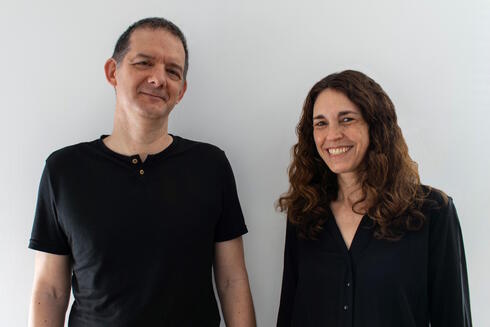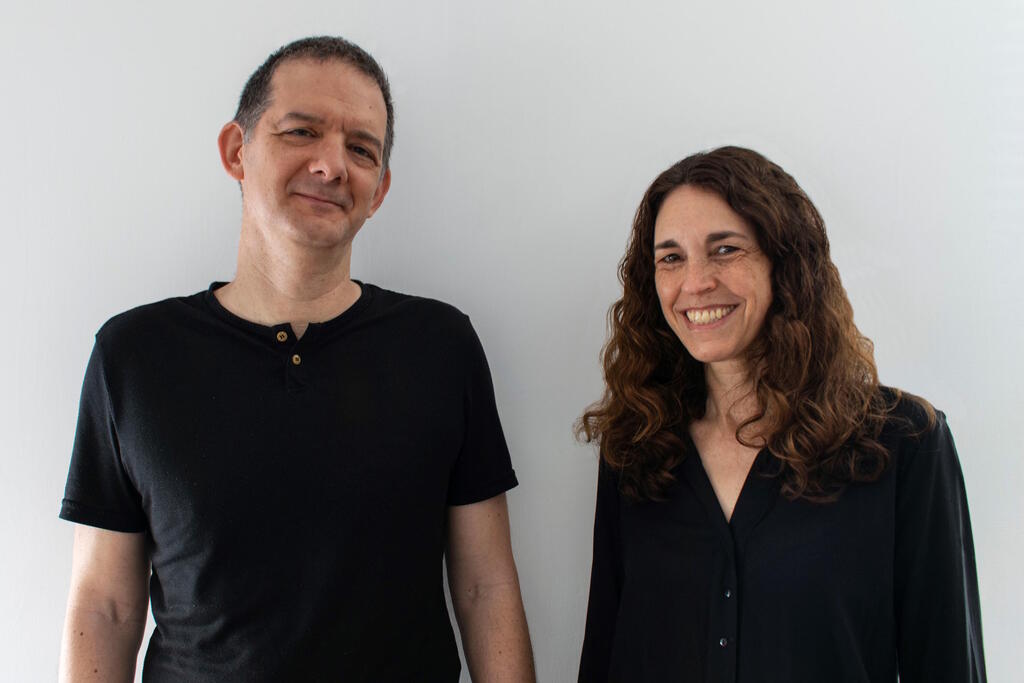
Lights, camera, AI: Caledo is here to turn news writers into TV stars
The Israeli startup creates video bulletins with human avatars from text-based articles using Generative AI
A few years ago, videos of AI-generated news anchors on Chinese television went viral. Using human-written texts, the avatars would present the news to their audiences as if they were presenting a regular television show. It was a snapshot into a world where news could be produced and distributed without the nuisance of human presenters.
Today that glimpse into the future has come one step closer to the present with the help of Caledo, an Israeli startup founded in 2023. The company uses Generative AI to help online publishers produce news experiences by repackaging their editorial content into video experiences. Unlike prior attempts at AI-generated news where avatars recite pre-written texts, publishers can now select two or three text-based news stories by pasting the URLs into its system. Caledo then turns them into a video bulletin ‘show’ containing conversations between hosts, interviews with experts, or panel discussions.
“People are spending 12 to 13 hours every day watching the screens and a significant part of that is dedicated to consuming online content,” explained Caledo Co-Founder and CEO Dina Shatner. “It can be general news, finance, entertainment, travel… and we thought it's about time to level up their experience. The world has changed.”
Shatner co-founded Caledo alongside Moti Shatner, who serves as Chief Architect. While the company has received funding from angel investors, it cannot disclose the total amount to date. It is currently expanding its operations and hoping to penetrate the North American market, but for now, its content can be seen on CTech as part of its “The Edge of Tech” series. AI-generated avatars of CTech Editor-in-Chief Elihay Vidal and reporter Ariela Karmel ‘discuss’ some of the day’s biggest stories after their images and voices were recorded into a database. Over time, their performances will improve and become more lifelike as algorithms tweak their movements.
“We want you to feel that you're watching a very interesting piece of news, that you have a great experience, and that someone is speaking with you,” she continued. “This is the experience that people are looking for today.”
Whereas there are many videos online that can convincingly trick viewers into thinking AI-generated avatars are real, Caledo says this is never their intention. Each video begins with avatars telling their audiences that they are generated by AI and its services can only be used by legitimate publishers who register to use its product, thereby avoiding its exploitation by bad actors. As time goes on, Caledo analyzes the data and engagement to see what audiences respond to best - tweaking future bulletins to tailor to the desires of each publisher’s specific audience.
The story of how they founded Caledo comes down to an admiration of the news/media space - an area that has suffered from a crisis of confidence among some consumers in recent years. “We love journalism and we consume a lot of news. It’s not often that you see a market that is entering a historic inflection point,” she said. “Coming from a deep AI/GenAI background, we wanted to lead this disruptive change.” Before starting Caledo, Dina and Moti had founded Trenario, offering AI-driven solutions for online simulations and video courses featuring AI-generated presenters.
Caledo differs from its main competitors because it takes care of the entire content cycle. According to Shatner, editors are not required to write more than the initial articles. One main competitor, HeyGen, provides AI-powered video creation but its primary focus is in the product marketing and sales arena. Shatner believes Caledo is the first to offer a high-scale solution for TV-like news experiences based on editorial content. According to a Jounce Media report, around $257 billion is spent annually on content within the boundaries of Meta. Caledo hopes to penetrate the alternative $91 billion market known as the ‘open internet’, which includes online media properties such as websites, platforms, and apps across gaming, news, blogs, music, and television.
To some journalists, the introduction of Caledo’s technology can appear as a threat who may already feel that their jobs are at stake. AI continues to penetrate every industry and news/media is no exception: newsrooms have been shuttering their doors and mass layoffs are occurring in almost every sector - with articles and listicles now written by AI technology. Shatner asserts that this isn’t the case with Caledo’s video-centric Generative AI content.
“We don't replace anyone. We're not going to TV channels to replace their anchors,” she said. “We go to online publishers who don't have TV-like capabilities. They have great journalists and without great journalists, we won't have anything to do.”
Caledo is currently open to publishers looking to transform their text-based human-written articles into video-based bulletins to post on websites, social media channels, and more. Its R&D Center is based in Israel and the company currently adopts a flat-fee and revenue-sharing model.
“There's a huge wave and we are seeing now maybe the biggest technological revolution in human history,” she concluded. “And online publishers, they want to join. We give them the opportunity to do that.”
Disclaimer: Caledo and CTech are currently cooperating in the production of a news program hosted by avatars called "The Edge of Tech". This is broadcasted on the CTech platform and its social media channels.















